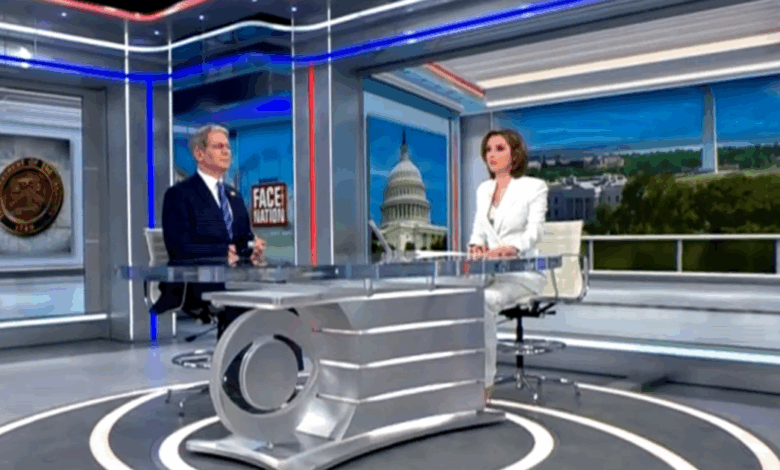Bessent defends tariff policy as retailers weigh price hikes: “Some are and some aren’t”

As the Trump administration continues to escalate tariff policies, Treasury Secretary Scott Bessent defended these actions on Sunday. Bessent acknowledged that some companies have already announced price hikes due to the tariffs, but he believes that others may choose not to pass on these costs to consumers.
During an appearance on “Face the Nation with Margaret Brennan,” Bessent pointed out that companies like Home Depot and Amazon have stated they will not increase prices, while Walmart and Best Buy have indicated potential price hikes.
President Trump recently announced that the tariff on foreign steel will double from 25% to 50% starting on June 4. He accused Beijing of violating a trade agreement by withholding critical exports like rare earth minerals.
In a statement on his Truth Social app, Mr. Trump expressed disappointment in China for not honoring the trade agreement. He emphasized the importance of fair trade practices and criticized China for its actions.
This latest tariff increase comes after months of back-and-forth tariffs between the U.S. and China. The U.S. had previously imposed a 145% tariff on Chinese goods, which prompted China to retaliate with a 125% tariff on American products. In May, both countries agreed to reduce these tariffs to 30% and 10% respectively.
Bessent clarified that the administration’s goal is not to sever ties with China but to mitigate risks. He defended the new trade stance as crucial for national security and economic stability.
Despite concerns from retailers about potential price hikes for consumers, Bessent dismissed these worries as speculative. He highlighted companies like Home Depot and Amazon that have chosen not to raise prices in response to the tariffs.
When asked about the sectors that may be most affected by the tariffs, Bessent mentioned that food and energy prices are stabilizing, and overall inflation is decreasing. He cited the decrease in egg prices as a positive outcome of the administration’s economic policies.
Addressing industry concerns, Bessent explained that companies often provide worst-case scenarios on earnings calls to protect themselves legally. He emphasized the need for transparency in communicating potential risks to shareholders and customers.





